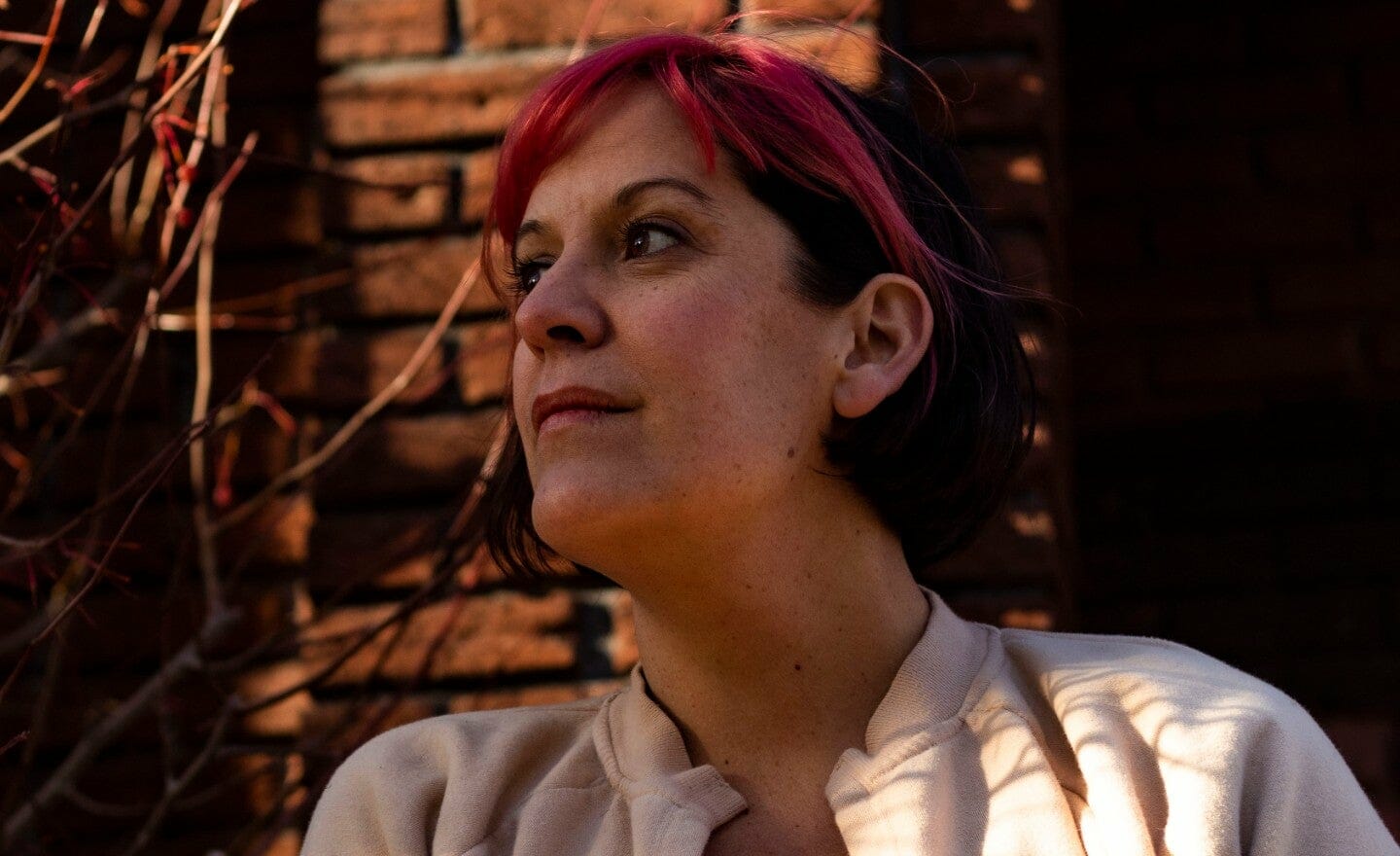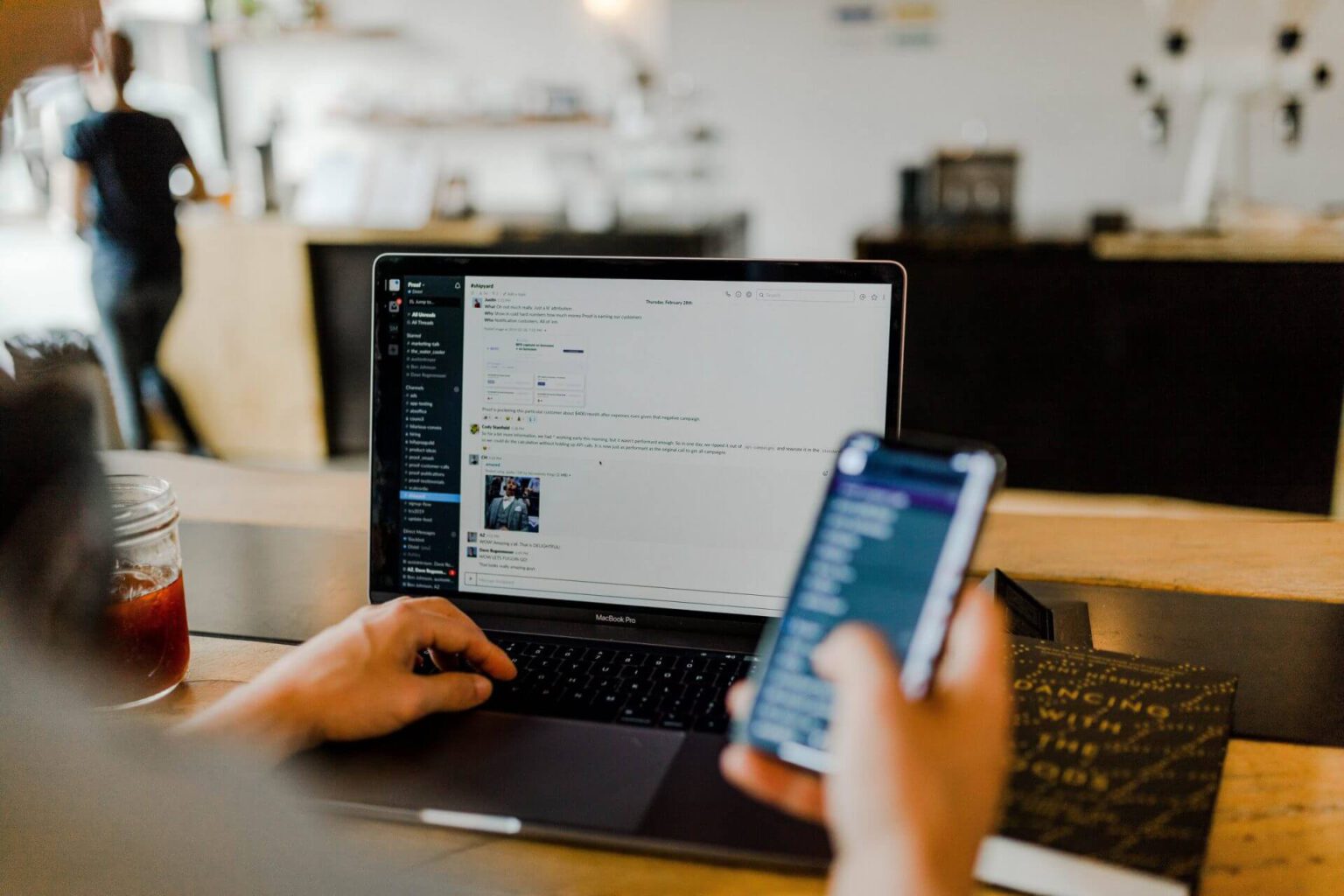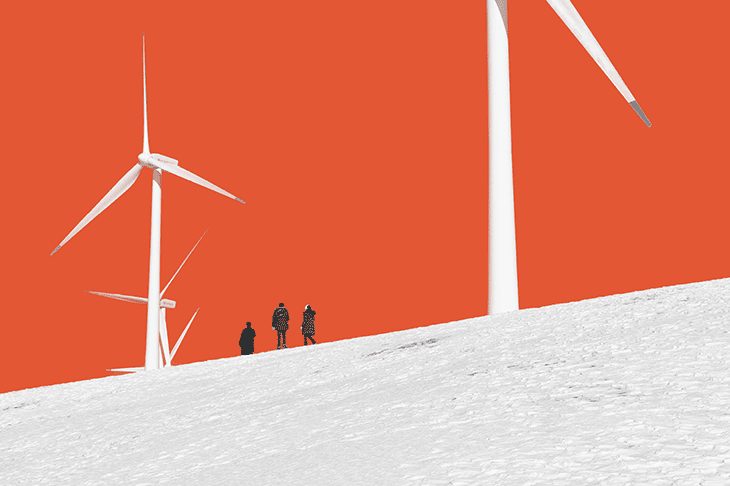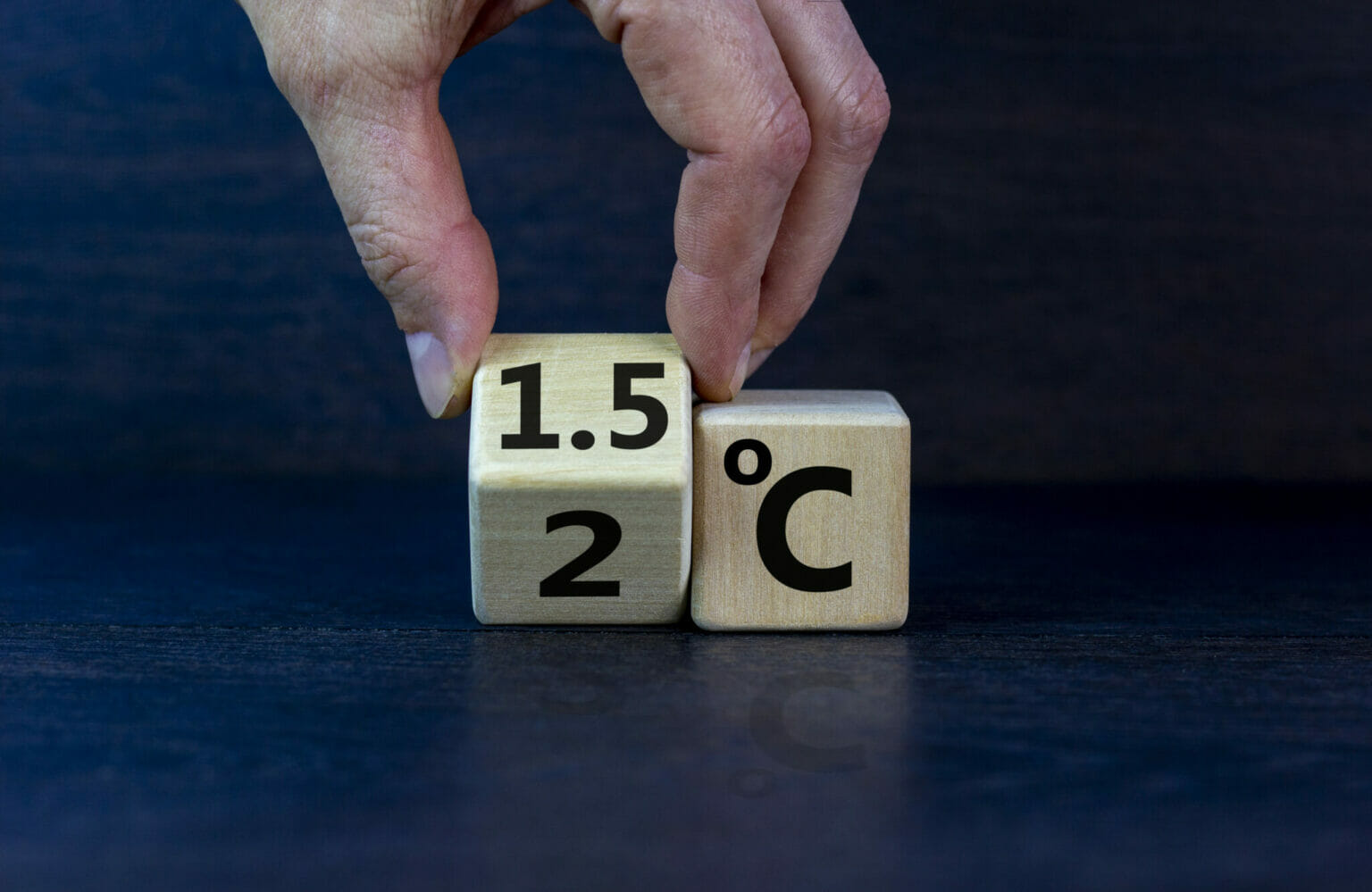Amy Westervelt is the founder of the Critical Frequency podcast network. Westervelt’s own show is “Drilled,” a true crime-style podcast about climate change, and she co-hosts “Hot Take,” along with Mary Annaïse Heglar. Much of Westervelt’s work focuses on climate denial and disinformation, especially from fossil fuel companies. A recent Drilled miniseries, for example, in collaboration with Earther, is called “The ABCs of Big Oil” and looks at how the fossil fuel industry, over the course of many decades, leveraged schools — elementary to university-level — to shape narratives around fossil fuels and later to limit public discussion of climate change. Westervelt is the recipient of many awards, including an Edward R. Murrow award, an Online Journalism Award, and a 2021 Covering Climate Now Journalism Award.
Westervelt spoke recently with CCNow about getting started on the climate beat, how journalists can keep up with a fast-moving disinformation ecosystem, and the many joys of archival research. Follow Westervelt on Twitter.
What led you to focus on the climate denial and disinformation plotline?
One of the very first things I ever wrote on climate was actually about denial and disinformation, and it came about by total accident. I had just started freelancing, after leaving a job at an arts and culture magazine, this was the early 2000s. I was in my mid-20s, living in San Francisco. A friend at an engineering firm told me they needed someone to help update their case studies. I took the job, and one of these case studies wound up being about work the firm had done to help Shell re-engineer its offshore oil platforms to cope with sea level rise. This had been done in the 90s, way before Shell even toyed with the idea of admitting sea level rise was even a thing. And I thought, “Oh my god, that’s so unfair.”
So, I wrote up a little story for this regional environmental magazine. And it got me thinking about how fossil fuel companies had messaged around this issue and how that differed from the way they were conducting their own business.
At that time, were you already especially interested in climate and the environment?
No, I was most focused back then on power and injustice. I have what I’ve described as an overdeveloped sense of righteous indignation. That’s probably why this story became my onramp into climate and why I ended up coming back to the accountability piece again and again.
Later, in the course of doing the first season of Drilled [in 2016], which focused on climate denial, I started thinking a lot about what a dumb strategy denial is and wondering why it worked so well. In trying to answer this question, digging into this history of propaganda, I’ve come to the realization that there’s no narrative in society or cultural trend that is accidental. Almost every time, if you’re asking, “Why is this trending?” it’s because it serves some interest. Understanding how that gets shaped and by whom has become a driving force for me. Because how can we deprogram ourselves and our thinking if we don’t know what the program is?
There’s a certain bigness to the stories you’ve told. They’re about global companies, shadowy dealings with top government officials, the largest banks and financial institutions in the world. Some might expect these kinds of stories to be left to the largest journalism outlets with buckets of resources, but you’ve shown with Critical Frequency and your freelancing work the impact that much smaller and scrappier outlets can have. What gave you the confidence to take on these stories in such a big way?
Part of it was just that I’d been looking at the story for so long. But I also work a lot with primary source documents. I think having these makes you feel more certain. Like, “This is what happened. They wrote it down. It’s written right here on letters going back and forth between people.” Where I’ve landed is believing that the reason denial and disinformation have worked so well is that the fossil fuel industry did a very good job of limiting how we think about environmental issues. And they started like 50 years before climate change was really even an issue, so by the time we do get to climate change it’s easy for many people to worry, for example, about the economic downsides of addressing it — which shouldn’t be the point.
Being a giant library nerd has also helped. I’m a lifelong do-the-homework kind of person, and I don’t say anything unless I’ve really locked down the receipts. When you can do that, I think you can more confidently lay out the story for other people.
It’s interesting, originally I was just going to do one season of Drilled; this is before I founded Critical Frequency. I pitched Drilled to other podcast companies, and they all said there was no audience for a narrative climate podcast. And I really was just convinced they were all wrong.
As you say, your work draws a lot on source documents. How are you getting your hands on some of these, and what other journalistic tools do you use often?
I’m a big archival research fan. A lot of executives will donate their files to universities, the ones they went to or maybe places they taught. You have to realize most of the people we look at and think, “Oh, that’s a bad guy,” they don’t think of themselves that way. So, they’re not always actually hiding a lot of stuff. And you find that in a lot of these archives. I mean, the whole #ExxonKnew story, for example, came from an archive that Exxon itself donated to the University of Texas. And corporate archives like this exist all over the country. The Library of Congress has a bunch of really interesting stuff, too. The National Archives, presidential libraries. This information is all out there, which to me is fun and exciting. But it also presents a time and resources problem, because there’s just so much to uncover.
What I do is find maybe one interesting document in an archive. Just one interesting document can lead to 10 stories or more. I look for names and then anything I can find associated with those people. If the documents are old, I keep researching and I keep researching until I get close enough to the present that I can find associated people still living. And then I contact those people for interviews.
I also try to cultivate whistleblower sources. Sometimes, this is people still at companies or who’ve retired. I look for people who left the fossil fuel industry and then, years later, turned up at some social justice nonprofit or teaching at a super liberal university. These are people who might have some regret or are critical of the industry.
Another good tool is court cases — don’t sleep on PACER! There’s a lot of good stuff that ends up in the appendices of lawsuits, in the discovery process. Not all of this gets made public but a lot does. On this front, we’ve also started FOIAing attorney generals’ offices. Attorneys general often send entire case files back and forth to each other, so sometimes if you can’t get something through PACER or the state court systems, you can get it this way.
Big Oil messaging around climate is fast-changing. Lately, it’s focused less on denial than delay. And it’s become subtler, making it more difficult to detect falsehoods. In a recent piece of yours you said that even critics of the industry are struggling to keep up with it all. How have you kept up, as a journalist?
Well, I follow all these companies on social media and I try to keep an eye out for messaging that’s consistent across fossil fuel companies, politicians who accept a lot of fossil fuel money, and conservative think tanks. These groups are quite good at message discipline, so you’ll see, “Oh, this or that is getting repeated.”
There are also these lone-wolf, old-school climate denier dudes that I follow. They’re a little fringey, and it’s hard to tell exactly how much sway they have with others. But they’re good bellwethers for what the new anti-climate regulation messages are going to be. For example, early this year, these people started hammering on carbon capture. I thought, “Okay, that’s going to be a preferred solution.” And sure enough I don’t think ExxonMobil advertises anything else anymore.
Finally, I circle back often with social scientists. Climate scientists are great, certainly, but it’s the social scientists who have so much insight into the political will problem, which today is a much bigger block to climate action. They’re always doing a lot of really granular research, and they’re happy to talk about it!
What carries through all of these stories is a kind of overarching effort to co-opt or leverage social and cultural institutions to define the narrative early—whether that’s by establishing influence with universities, as far back as the 40s and 50s, or by advertising on podcasts and social media today. Do you have a sense of how Big Oil’s preferred narratives also seeped into the press?
It was actually a Mobil VP who really started to hammer the press in the 70s on the supposed need to get “both sides” and “be objective.” He was very effective. This guy wasn’t just calling up and bullying individual journalists; he took a very public approach, which helped to scare outlets and editors. And this kind of worked. Back then, there were a lot of accusations that the media had been too biased in favor of the social movements of the 60s. So, in part to protect ad revenue but also as a result of some genuine self-questioning, a lot of outlets did double down on this perceived need to “get both sides.”
The other way this shows up is in the idea of “corporate personhood.” These executives were really good at convincing the media that companies are people too, and somehow we get to a point where journalists see an activist as biased but a company CEO as a more impartial source of information. All of this stuff is really engrained in people’s minds. Many outlets still won’t say when somebody is lying, for example, and that journalists can’t attribute intention. But I’m like, “Well, they said one thing internally. Then they said another thing externally, and we have the documents. I think we can say ‘lie!’”
I’ll tell you a couple examples from my own reporting:
Years back, I was working as a stringer for a major newspaper, and because of where I lived I was covering a lot of wildfires. I had talked to the Cal Fire chief, and he had this great explanation for why fires were burning so long and consuming so many acres. He said, “We used to get on top of fires at night, when it would cool down and humidity would increase. But that’s not happening anymore, so we’ve lost that window. And that’s climate change.” My editor wanted to take out that comment about climate, because he said this was a fire story, not a politics story. I was like, “Whoa, whoa, whoa.” This was a smart guy, not at all in the pocket of Big Oil or anything like that. When I pushed back he got it. But still, it went to show how conditioned people had become to these ideas of climate change as a “debate.” Over time, we somehow got to a place where oil companies didn’t even need to push their message, because journalists were self-censoring.
Separately, seven or eight years ago, I was working for a radio station, this is when I was learning to do audio. And an editor on a climate story I was doing was like, “Don’t we need to get a quote from a scientist who can present the other side of climate change?” I thought, “Oh my god, what year is it, no!”
Climate journalism has improved by leaps and bounds in recent years. But what bad habits still linger that you’d like to see more journalists and outlets correct?
When I was covering the Steven Donziger stuff — this is a lawyer who went up against Chevron — I talked to quite a lot of journalists off the record who’d been working on stories about Donziger but were told to drop them because Chevron was going around threatening everyone with lawsuits. That frustrated me, because if I as an independent outlet can put in place the fact-checking and legal review practices to do a comprehensive job on this story, surely larger outlets can too!
Of course, having a lot of your ad revenue or your brand studio revenue come from an industry that you’re supposed to be reporting on is problematic.
I also still see major outlets quoting freaking FTI Consulting, arguing against climate policy. FTI Consulting is this firm that’s been hired by various oil and gas companies to handle PR but also to do some things that PR companies won’t do, like surveil journalists. And I just don’t understand why a paid arm of the industry that climate policy would regulate would be treated the same by the press as some impartial source. When I see these guys or their experts being quoted in stories, I think, “Would you have quoted the most notorious tobacco lobbyists in stories about secondhand smoke research or cigarette taxes?” I don’t understand why this industry should be treated any differently, except obviously they saw early on that forming cozy relationships with journalists would be beneficial to them.
I also still see journalists way too often regurgitating press releases. I talked to one media studies scholar, and she said that we need to look at the warped information ecosystem we’re living in, not just how oil companies communicate but the fact that the vast majority of news stories you see on a daily basis originate from press releases. The statistic that gets repeated so often is that there are five or six PR people out there for every journalist. The whole PR industry was set up to kind of help industry basically get around democracy and take hold of the narrative. The extent to which that industry has shifted how journalism works in general — including by gatekeeping, by limiting access to their executives, which sets the conditions for “access journalism” — is very concerning and something I think we don’t acknowledge or talk about enough.
As we progress further in the clean energy transition, it seems clear that disinformation and greenwashing are set to ramp up. What advice would you give journalists, at any level, interested in this facet of the climate story?
One thing is to look at what oil companies are saying to their shareholders about what they’re investing in. Read their quarterly reports. That’s actually how I started looking at all the plastics stuff and petrochemicals, you could see very clearly in reports that that’s where these companies were looking to replace revenue lost from the decline of fossil fuel use in transportation and buildings. The reports are a good early indicator of where we might see disinformation work, too.
I’ve also had pretty good luck cultivating sources at PR and advertising agencies, which is a great way to get documents, for instance, that will show you exactly how companies want to market themselves to the public. In general at PR firms, beyond maybe the executive-level employees, the creatives working on these campaigns don’t have a strong sense of loyalty to clients. Many I think want to do something that will make them feel less gross about working on the campaigns. As journalists, we can offer them some absolution.



